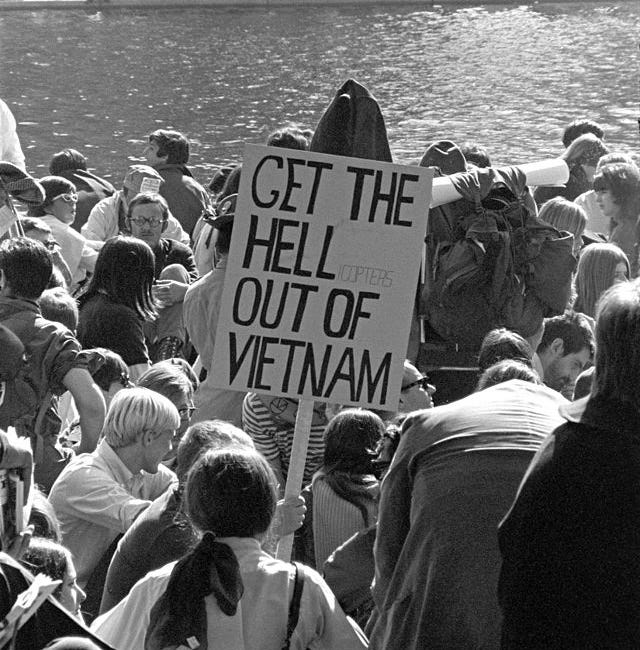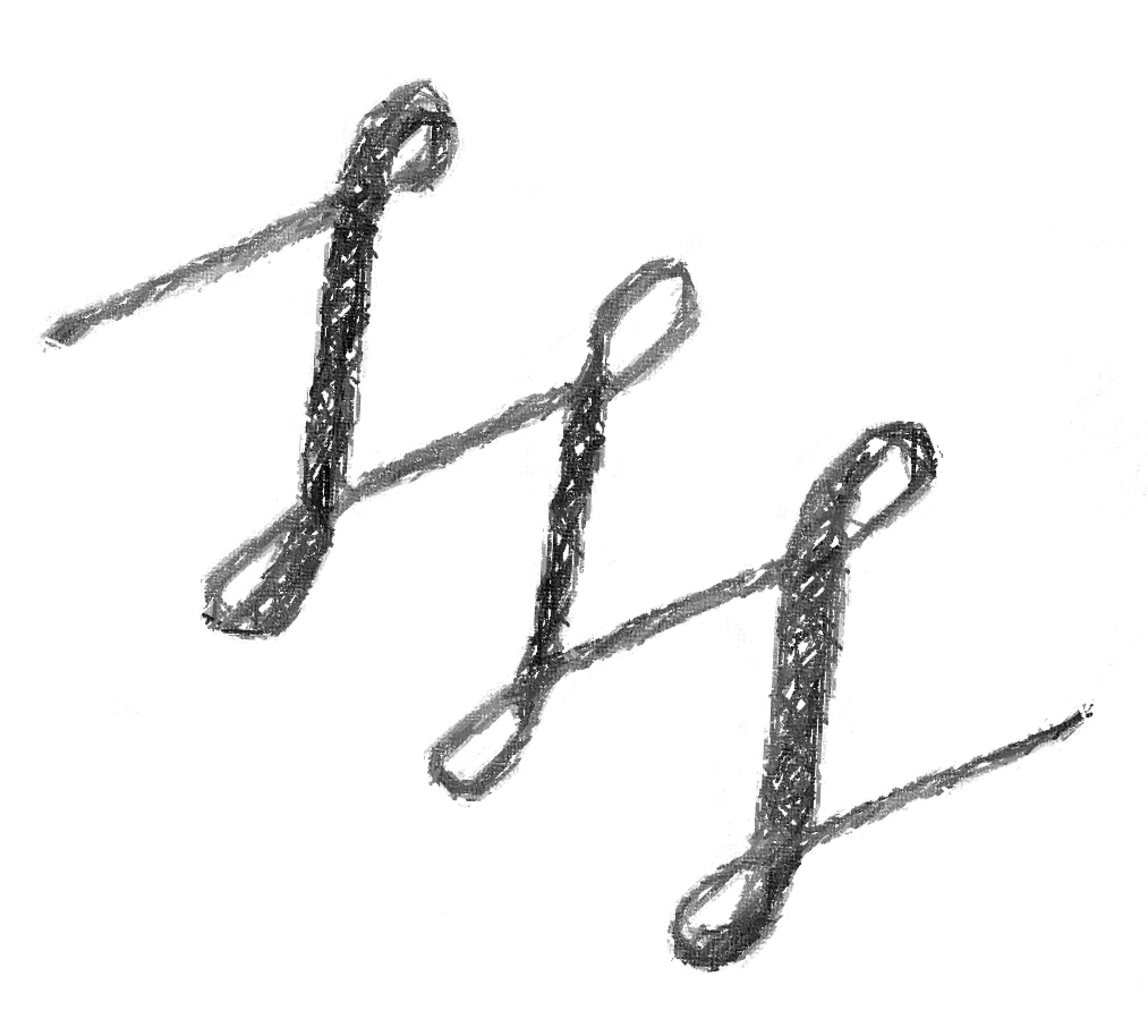Hi all,
Thank you for joining me for today’s song, “Big Yellow Taxi”, by Joni Mitchell, Timothy McKenzie and Marc Williams. If you’d like to hear the song before you read the background, I’ve included a YouTube video below the article.
Below, you’ll find my interpretation of the lyrics (written in italics). Comments and questions are welcome. For Japanese students, vocabulary words in bold are provided in Japanese below. TOEFL (PBT) 450+, Eiken 2, CEFR B1.
(480 words)
Joni Mitchell is a Canadian singer-songwriter and winner of many awards for her music which spans over 50 years. She is noted for her amazing songs that tell stories about nature, love, and life. One of her most popular songs is Big Yellow Taxi.
As we learned in an earlier post (What about me?), the 1960s was an era in which people started to think seriously about the effects of human activities on the environment, including issues such as pollution, deforestation, wildlife conservation, and the use of pesticides. Today’s song focuses on the destruction of trees, on cutting them down in order to construct buildings for businesses.
They paved paradise and put up a parking lot
With a pink hotel, a boutique, and a swinging hot spot
“Swinging” can be used informally to describe a lively or exciting atmosphere, especially in the context of nightlife or entertainment. A “hot spot” is a popular place where people gather for socializing, dancing, or other activities.
Don’t it always seem to go
That you don't know what you've got till it’s gone
“Don’t it always seem to go” means “Doesn’t it usually happen that….” Here, the singer is saying that we don’t always realize that someone or something is important to us until we lose that person or thing.
They paved paradise and put up a parking lot
In other words, they built a parking lot after cutting down a beautiful section of nature.
They took all the trees and put them in a tree museum
And they charged the people a dollar and a half just to see them
Hey, farmer, farmer, put away that DDT now
DDT was a pesticide used to kill insects that harm crops. It was once thought to be helpful, but people later discovered that it was dangerous for the environment and animals. The famous scientist Rachel Carson wrote a book called Silent Spring that explained how DDT was hurting birds and other creatures. The U.S. stopped its use, but there are some countries that use it today to stop the spread of mosquitoes. There are newer pesticides (insect-killing chemicals) and herbicides (chemicals that kill weeds) that are still very dangerous to humans and animals.
Give me spots on my apples
But leave me the birds and the bees, please!
Late last night I heard the screen door slam (close with a loud sound)
And a big yellow taxi took away my old man
Here, the singer says that her partner has left her. “My old man” is an informal term that people sometimes use to refer to their father, husband or boyfriend. “My old lady” is used for a wife or girlfriend.
Joni’s song is upbeat, almost with a feeling of irony, but the message is clear. If people think about what might happen before they do something, they might decide to go a different way.
Question
What new word or phrase did you learn through this post?
How would you feel if trees could only be found in a “tree museum”?
Vocabulary
span 渡る
deforestation 森林伐採
wildlife conservation 野生動物の保護
pesticide 殺虫剤
destruction 破壊
pave 舗装する
weed 雑草
Sources
Glyphosate (roundup): Understanding risks to human health. Penn State Extension. (n.d.). https://extension.psu.edu/glyphosate-roundup-understanding-risks-to-human-health
See What about Me? For more information about Rachel Carson.
What about Me?
Hi all, Thank you for joining me for today’s song from 1970, “What about Me?”, by Quicksilver Messenger Service. If you’d like to hear the song before you read the background, I’ve included a YouTube video below the article. Below, you’ll find my interpretation of the lyrics (written in italics). Comments and questions are welcome. For Japanese students, …








So reminiscent of "Whose Garden Was This?" by Tom Paxton
Thanks for posting, Louise. Joni Mitchell is amazing!